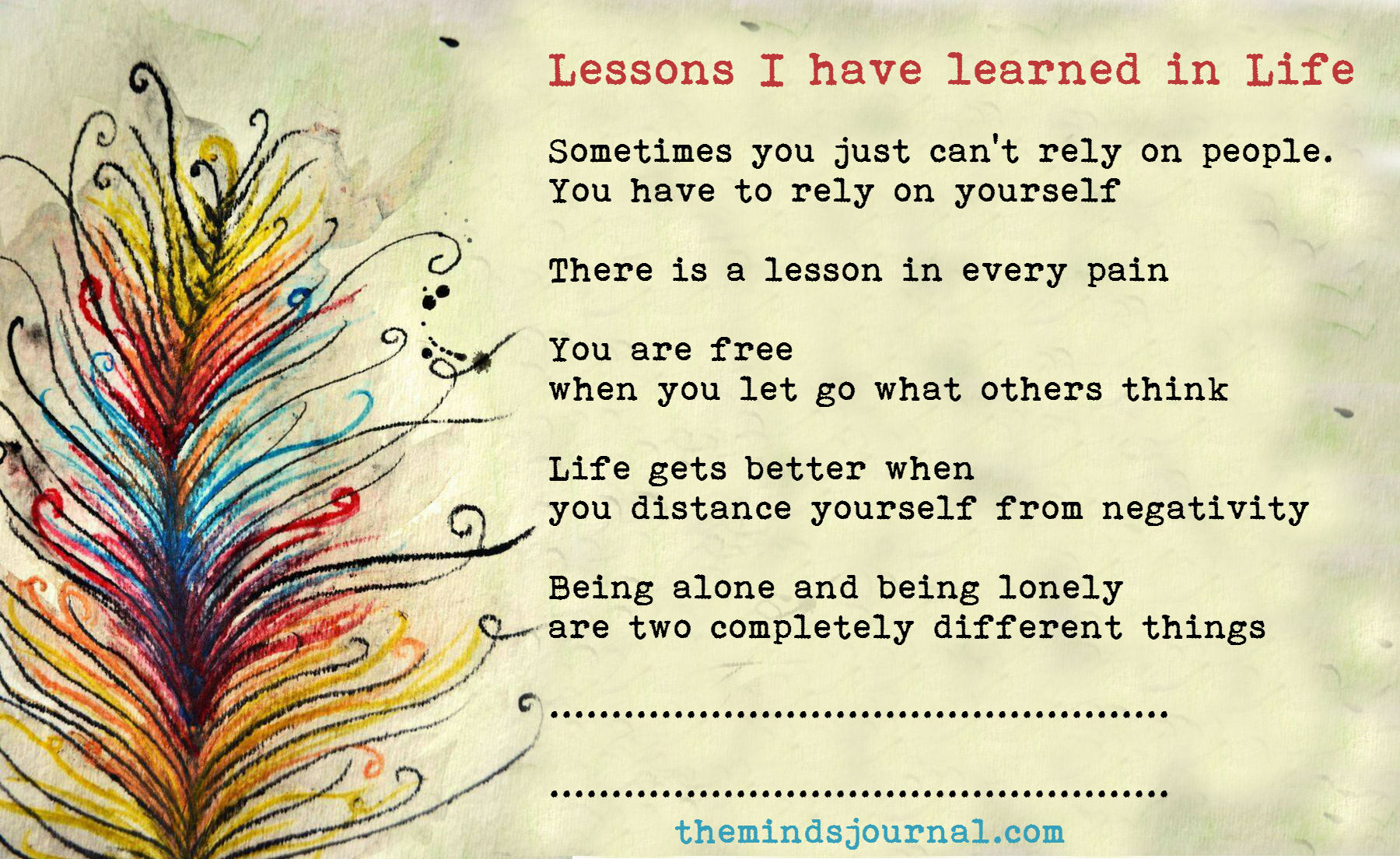Another year older, wiser, and happier. Aging is an inevitable, irreversible process, but it is not necessarily negative. It’s about finding peace and joy in the life that you’ve longed for.
As people get older they become happier, more content, and have a more positive outlook on the world. – Psychologist Laura Carstensen
Across cultures, generations didn’t live beyond 60, with some exceptions of course. However, the tide has been steadily changing its course, and now for the first time more people are living longer, medicine and technology have come together to improve the general quality of life.
In fact, according to the World Health Organization (WHO), the stretch of years between 2015 and 2050 will see the number of people worldwide alive over 60, move up from 12% to 22%. And if that isn’t enough. World Health Organisation suggested that by 2050, across low and middle-income countries, 80% of the older population will be alive.
Population aging, the name that this phenomenon goes by, is on a rise across the world. While more developed countries have had a longer time arc to meet this change, less developed nations now are also faced with this and have to sustain the impact in a relatively shorter time.
A major reason behind population aging is increased life expectancy, which has drastically improved since the ’50s. So given these circumstances, aided by better medical interventions, improving financials with resultant improved physical resilience, aging might actually be the very thing that people can look forward to.
But what can we, the young, the middle-aged, and the old, draw from the changing cultural landscape?
With Age Comes Greater Equanimity
Ideologically, many feel resistant to the concept of aging. And why not? In the simplest sense, aging means closing in on death. It has unpleasant connotations, but increasingly proof is being shown that aging might not actually be as daunting as it seems.
A study released in the Journal of Psychiatry and published in 2016, looked at 1546 people, between the ages 21 and 99. The researchers went on a telephonic interview with each person, following which they had to answer a questionnaire on the lines of mental, cognitive, and physical health.
The overall outcome of the study informed the researchers that though physically and even cognitively, old people face more crippling issues, mentally they do better than their much younger counterparts. Dilip Jeste, who led the study, has stated that the cause of this is how a person in their 20’s and 30’s process their life differently as against someone much older.
According to Jesse, peer pressure is very real for people in their 20’s and 30’s, be it around finance. relationships or travel. However, as a person ages, much of this seems to fall away and people become more content with what they have and can do with what is available.
Related: Love and Respect Your Parents In Their Old Age – Heart Touching Story
With Age Comes A Developed Emotional Intelligence

While making peace with one’s circumstances is a by-product of aging, there’s something else that can make old age more sustainable and contented.
In a 2011 study led by a team from the University of California, emotional quotient was seen to be a feature across a person’s working life. But alongside, it was also seen that it peaks around the age of 60.
The study looked at 144 participants, all of whom had to sit through a series of video clips meant to generate emotional responses such as sadness and disgust. The age of the subjects ranged from the 20s to the 60s. The experiment was carried out to see how people reacted to the emotional stimuli and how they processed their own emotional responses afterward.
The findings were as follows:
- It was noted that the older the person was, the greater was the tendency to put the scenario into perspective.
- Younger participants in the study were actually observed to be more effective at ignoring the emotions they experienced.
Emotional intelligence, an outcome of life’s accumulated experiences in most cases, is an excellent tool that one can use to counter the many ill effects of aging. This allows for social interactions as well as internal processing to improve by leaps and bounds.
With Age Comes Increased Acceptance
The popular associations with aging aren’t all that flattering. People think of declining health and lack of pleasure in activities that were once joyful and life-giving (like sports, eating, dancing, etc.), combined with failing eyesight (which could mean reading lesser) and degrading joint health (leading to finding trouble doing even simple actions like climbing the stairs, taking long walks, etc.)
It can’t also be denied that this picture of aging is also not all that far from the truth. However, what it misses is the quality of acceptance that aging brings with it. Especially if people choose to be mindful and conscious about the changes that their bodies and minds are undergoing.
In a study featured in the Journal of Personality and Social Psychology, researchers explored the important relationship between age and acceptance. The study was conducted across 340 subjects, ranging from ages 21 to 73. It was to find out what factors worked as a cushion to negotiate greater physical and mental challenges, along with negative emotions that resulted from them.
Acceptance turned out to be that one salvaging factor and the study observed that it only seems to grow as people grow older.
Related: 12 Things You Should Forgive Yourself For
The study also defined what acceptance is and what it is not – that acceptance certainly is not resignation or optimism or avoidance of painful emotions. Instead, it is a non-judgmental engagement with whatever emerges emotionally and physically. Acceptance has in fact been found to regulate difficult emotions and create an internal landscape that is more adept at handling the decline of health.
By enumerating why aging can actually work for some of us, doesn’t stop it from having its share of challenges. As we age, we transform in more ways than one and it can indeed be tough to keep up and make peace with all the changes we experience.
However, if we were to trust the process more than resist it, I wonder what that might mean for all of us as we go through the inevitability of aging and decline.











Leave a Reply